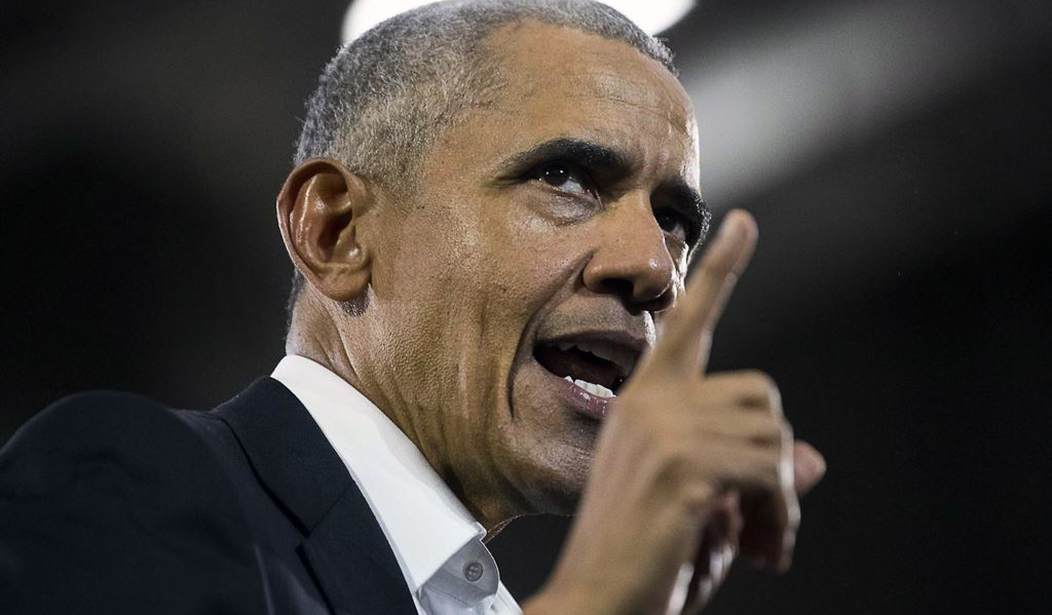United States District Judge Royce Lamberth on Tuesday ordered multiple senior State Department officials under the Obama administration to answer Judicial Watch’s questions related to Hillary Clinton’s email scandal and the Sept. 11, 2012 attack in Benghazi.
“In a major victory for accountability, Judge Lamberth today authorized Judicial Watch to take discovery on whether the Clinton email system evaded FOIA and whether the Benghazi scandal was one reason for keeping Mrs. Clinton’s email secret,” Judicial Watch President Tom Fitton said in a statement. “Today, Judicial Watch issued document requests and other discovery to the State Department about the Clinton email scandal. Next up, we will begin questioning key witnesses under oath.”
Susan Rice, Ben Rhodes, Jacob Sullivan, and FBI official E.W. Priestap will face questions pertaining to:
- Whether Clinton intentionally attempted to evade the Freedom of Information Act (FOIA) by using a non-government email system;
- Whether the State Department’s efforts to settle this case beginning in late 2014 amounted to bad faith; and
- Whether the State Department adequately searched for records responsive to Judicial Watch’s FOIA request.
The watchdog group plans to grill Rice, Rhodes and Sullivan, and former FBI official Priestap on the Benghazi scandal. Judicial Watch says the State Department has objected to the questioning because they’re trying to reinforce the Obama administration’s talking points surrounding the attack, specifically about an “internet video” leading to the terrorist attacks on the American consulate, not a failure of policy. We know what the Department’s talking points were because of a declassified email that was produced as a result of a 2013 Freedom of Information Act (FOIA) request.
Recommended
“Yet Rice’s talking points and State’s understanding of the attack play an unavoidably central role in this case: information about the points’ development and content, as well as their discussion and dissemination before and after Rice’s appearances could reveal unsearched, relevant records; State’s role in the points’ content and development could shed light on Clinton’s motives for shielding her emails from FOIA requesters or on State’s reluctance to search her emails,” the judge wrote.
Here’s who Judicial Watch plans to question and the information the group is seeking:
• Eric Boswell, the former Assistant Secretary for Diplomatic Security.… Boswell’s March 2009 memo to Mills … discusses security risks Clinton’s Blackberry use posed more generally. And Boswell personally discussed the memo with Clinton. So, he plainly has relevant information about that conversation and about his general knowledge of Clinton’s email use. Judicial Watch may depose Boswell.
• Justin Cooper. the Clinton Foundation employee who created the clintonemail.com server. In its proposal, Judicial Watch noted Cooper’s prior congressional testimony “appears to contradict portions of the testimony provided by Huma Abedin in the case before Judge Sullivan.” … Cooper repeatedly told Congress that Abedin helped set-up the Clintons’ private server, e.g., Examining Preservation of State Department Federal Records: [before a Congressional hearing] Abedin testified under oath she did not know about the server until six years later.… Judicial Watch may depose Cooper.
• Clarence Finney, the former deputy director of State’s Executive Secretariat staff…. [T]his case’s questions hinge on what specific State employees knew and when they knew it. As the principal advisor and records management expert responsible for controlling Clinton’s official correspondence and records, Finney’s knowledge is particularly relevant. And especially given the concerns about government misconduct that prompted this discovery, Judicial Watch’s ability to take his direct testimony and ask follow-up questions is critical.
Judicial Watch seeks to go beyond cursory, second-hand testimony and directly ask Finney what he knew about Clinton’s email use. This includes asking about emails suggesting he knew about her private email use in 2014, and emails he received concerning a December 2012 FOIA request from Citizens for Responsible Ethics in Washington (CREW) regarding senior officials’ personal email use-topics State’s 30(b)(6) deposition in Judge Sullivan’s case never addressed. Judicial Watch may depose Finney.
• Heather Samuelson. the former State Department senior advisor who helped facilitate State’s receipt of Hillary Clinton’s emails.… [T]his case turns on what specific government employees knew and when they knew it. Judicial Watch must be able to take their direct testimony and ask them follow-up questions. Judicial Watch may depose Samuelson.
• Jacob Sullivan. Secretary Clinton’s former senior advisor and deputy Chief of Staff. The government does not oppose Sullivan’s deposition.
Officials have 120 days to complete the court order. After the questions are completed, a post-discovery hearing will take place, at which time a judge will determine if Judicial Watch can question additional people, including Hillary Clinton’s former chief of staff, Cheryl Mills, and Clinton herself.

























Join the conversation as a VIP Member